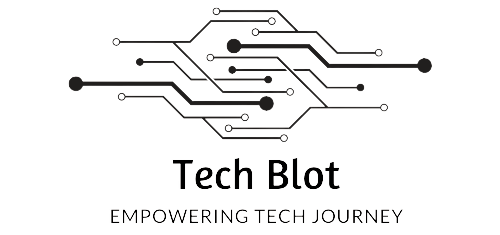Year over year, the entire concept of digitalization is revised, opening doors for new opportunities and better transformations. Especially when the world is rapidly adopting technologies like AI, AR, & ML into their operational practices, there is a constant need to monitor these technologies for compliance, standardization, security, and various other performance benchmarks.
Gartner has predicted that seventy-five percent of the organizations are likely to go for operationalizing AI by the end of 2024.
The change is likely to be very rapid, especially after all the unprecedented market shifts that happened during COVID-19. The business giants are now identifying the need for improved data analysis for better performance.
Though there is no defined path to success in the future, the process is likely to involve next-gen technologies for the transformation process, facilitating excellence. However, one thing that is likely to define the ultimate impact would be Software testing services and QA to meet the goals aimed at creating value.
This transformation will not be simple and small, allowing businesses to align with technologies like AI, Big Data, Smart Machines, IoT, 5G, and Robotics is a significant change.
To leverage all these technologies, businesses need a confident adoption that is fostered through relevance, which could only be achieved when the solutions are mapped to objectives.
Enterprises need to lean into quality assurance and software testing solutions that can help with agile development and add more value to digitization efforts.
Let us dig into understanding these next-gen technologies, and explore how software testing and QA could lead to a productive and efficient future.
Big Data
Over the years, businesses and technology experts have realized the importance of data. And therefore, healthcare, manufacturing, telecommunication, and many other industries have started to lean on big data for improving customer service and meeting business goals.
Gartner has predicted that 33 percent of large organizations will invest in decision modeling, implementing decision intelligence. This is because decision intelligence provides a framework to monitor and tune the decision process for profitable behavior.
Since data is something that is constantly changing, it is crucial to embrace real-time information, amalgamate it with past records and make decisions that can create an impact.
The core objective for big data is to achieve data completeness and foster transformations that are productive and are based on the right exchange of data. The potential of big data can only be achieved through connected systems that have the best of robotics, machine learning, IoT, 5G, and of course, big data.
However, yielding the advantage of big data for business needs big data testing, ensuring that diverse datasets can be used to drive profitability. Also, the testing approach should involve market data and consumer information, which can be brought into light for creating Quality Assured solutions that will have the best of big data across industries.
Big Data Testing Use Cases
Functional Testing: data validation for the results produced by the application at the front-end in comparison to the expected results, in order to gain insights into the application framework and components.
Performance Testing: big data automation testing could help you test the applications for variety and volume of data. Using big data test techniques could help achieve the defined goals related to processing and retrieval of data sets with storage efficiency.

